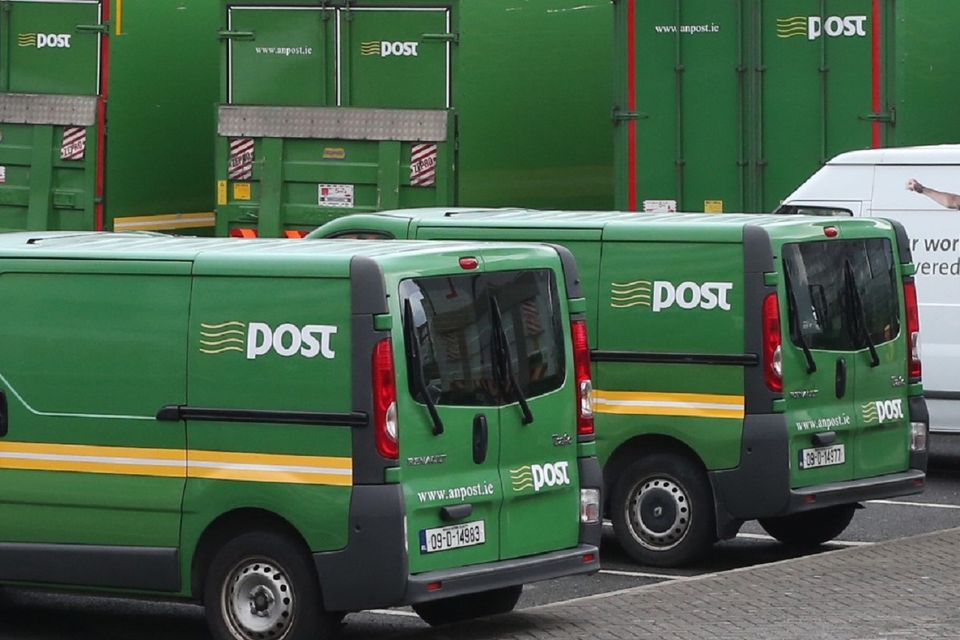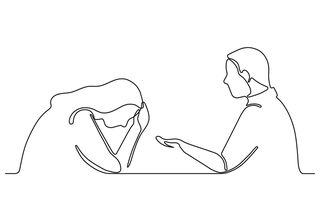An Post leads the charge as Ireland faces up to gender pay gap challenges
Aoife Beirne, chief of staff with An Post, said that its gender pay report, published last month, prompted much internal discussion about career opportunities and pay for women, even though the company felt this issue had been largely addressed. Stock photo
Perhaps it is of little surprise that some of the semi-States are the first out of the traps with gender pay gap reports ahead of planned legislation that will require companies to publish this information.
The semi-States are, by their nature, usually heavily unionised, with clearly defined grades and remuneration bands, as people progress through their career.
However, Aoife Beirne, chief of staff with An Post, said that its gender pay report, published last month, prompted much internal discussion about career opportunities and pay for women, even though the company felt this issue had been largely addressed.
"I would have thought that we had a lot of the conversations before it was published, but more and more people have come to us with ideas on how we can become a more inclusive workplace," Beirne said. The decision to publish a pay report was part of a wider modernisation of An Post and a realisation that there was a dearth of women in top roles.
Since An Post began its transformation programme in 2017, it has shifted from an all-male to a 50/50 gender-balanced management board, but acknowledges more needs to be done. Beirne said An Post needed to make a 'big move' on the gender issue and decided therefore to make the report public.
"Whether it was good or bad, it needed to be public in relation to our gender, so we can start committing and saying this is what we are going to do to change," she said. An Post's first Gender Pay Gap Report and Action Plan shows that its gender pay gap now stands at 3.71pc. Although better than the national average of just under 14pc, the organisation has committed to tackling the gap. Beirne said that this wasn't just about making women aware that opportunities exist, but also about supporting people. "What we want to strive for is that people can see the opportunities but also the support. Because sometimes you might want to push yourself but you're not sure how to get from A to B."
Beirne said data from the research was helping An Post to identify specific gender issues, rather than just relying on anecdotes. One thread which emerged was that senior women had had to push themselves harder than their male colleagues in order to progress up the career ladder.
"You want it so that whether you're male or female, you work in the same way and have equal opportunities; you don't have to bend over backwards to show that you should be considered for a role," she said.
Last week, the National Women's Council of Ireland and the Irish Congress of Trade Unions jointly called on the Government to commit to passing the Gender Pay Gap Information Bill before Christmas.
Join the Irish Independent WhatsApp channel
Stay up to date with all the latest news















